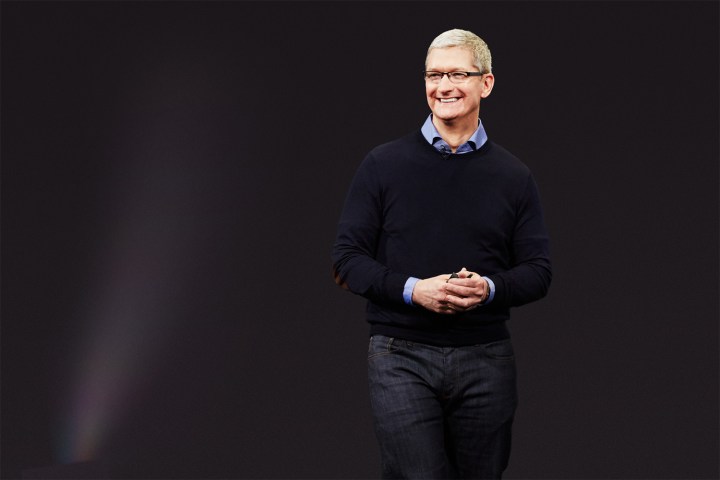
The shares Cook now has access to include 700,000 which were issued based on the length of time he spent at Apple. These join close to five million shares he was given back in 2011 when he took on the CEO role, as per MacRumors.
He could earn even more, too. If Apple’s performance places it in the top three companies in the S&P 500 stock index, he’ll receive as many as another 280,000 shares.
Related: Apple making major augmented reality push, CEO Tim Cook confirms
Large as these sums are, they should be a drop in the bucket for someone involved in the highest reaches of Apple’s executive branch. In fact, Cook has one of the more modest Apple-based fortunes. His net worth is said to be around $650 million, including his stocks and options.
Previous CEO Steve Jobs was worth an estimated $10 billion when he died — though in fact much of that came from outside investments. Still, Cook has pledged to donate most of his stock and fortune to charity over the course of his lifetime. He has in the past donated tens of thousands of Apple shares to charity.
Since taking over the role as CEO of Apple, Cook has overseen the launch of products featuring Retina displays, the Apple Watch, Apple Music, Siri, and a number of other products which have continued Apple’s growth. He’s also managed the annual refresh of the iPhone and though its sales numbers have slipped recently, it is still one of the most popular smartphone brands in the world.



